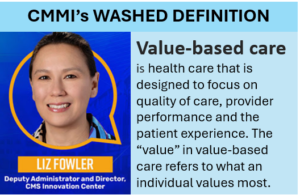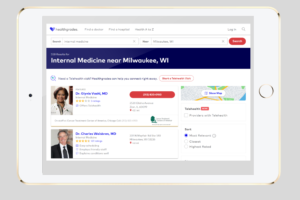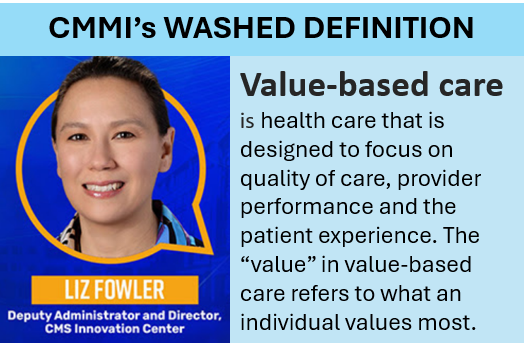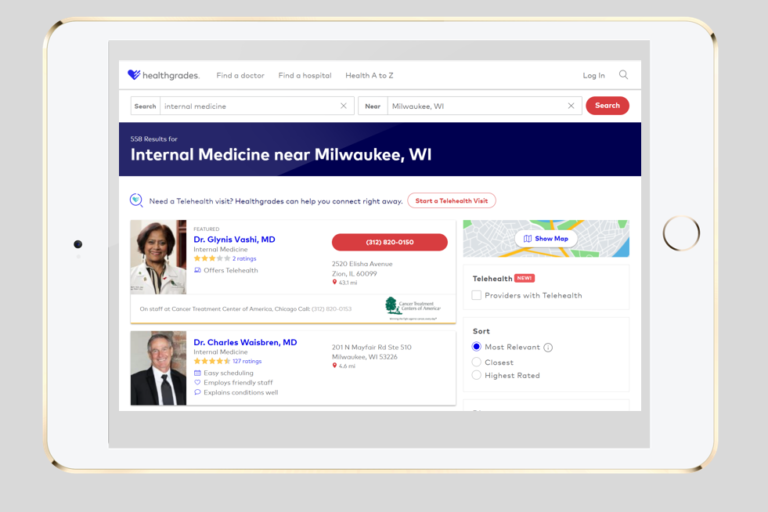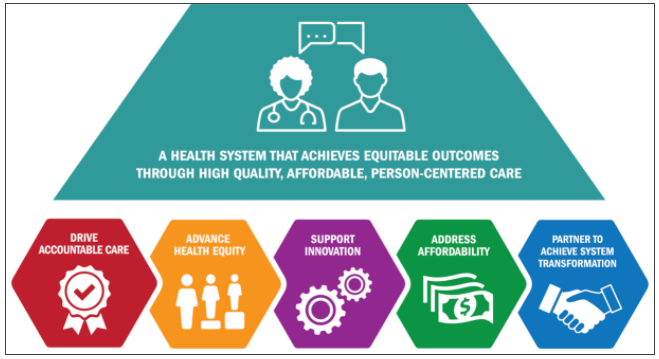I am a big fan of people in the fields of “usability” and “human factors.” These are engineering disciplines which have been applied to software engineering, more broadly to information technology and even more broadly to organizational effectiveness. Usability and human factors people focus on considering the mental and physical characteristics of users when designing systems. They make systems more intuitive and less tiring. Within this field, I am particularly fond of an organization called User Interface Engineering (UIE).  They are a software usability consultancy that works on specific software and web application design projects. They also do seminars, training, and publications. Back in about 2003, I took the entire Reward Health Sciences team, all four of us at the time, on a 3 day field trip to Boston to attend a UIE seminar. It was great. We used crayons, construction paper and scissors to construct prototypes of software user interfaces and used them for quick usability testing and redesign sessions. They emphasize a light, iterative approach. In a three hour period, we would go through 5 iterations of design and testing. The fifth iteration was substantially different than the first, clearly reinforcing the importance of not falling in love with your first design and seeking frequent input from users.
They are a software usability consultancy that works on specific software and web application design projects. They also do seminars, training, and publications. Back in about 2003, I took the entire Reward Health Sciences team, all four of us at the time, on a 3 day field trip to Boston to attend a UIE seminar. It was great. We used crayons, construction paper and scissors to construct prototypes of software user interfaces and used them for quick usability testing and redesign sessions. They emphasize a light, iterative approach. In a three hour period, we would go through 5 iterations of design and testing. The fifth iteration was substantially different than the first, clearly reinforcing the importance of not falling in love with your first design and seeking frequent input from users.
Ever since I attended that seminar, UIE has been sending me e-mails with short articles about usability. This morning, I read their most recent article, entitled “Who is on the User Interface Team?” They studied user interface design teams that were highly successful and compared them to those that were struggling to see if they could find characteristics that predicted success. The answer? Successful teams focused less on their individual roles, and conceptualized more people as being part of the team.
When the unsuccessful teams were asked “who is on your team?” they responded “We have two information architects, an interaction designer, and a user researcher.” When successful teams were asked the same question, they responded “Our team handles the interaction design, information architecture, and user research for the product.” And, the successful teams were more likely to include end users, project sponsors and other stakeholders as part of the team.
I feel strongly that this research finding applies to many types of business and clinical teams. For example, effective primary care teams don’t start off focusing on which team member has an MD, and which is a nurse, aide or clerk. All brains are turned on. All are invited to have ideas on all subjects. Of course, the knowledge, skills and talents that each team member brings to the team may be very different. That will naturally drive different people to be more influential on different aspects of the design, analysis or management problem that the team is trying to solve. But, in my experience, the most effective teams let those differences play out naturally. They don’t spend energy enforcing them based on titles, degrees, certifications or other such distinctions that serve as barriers to inclusiveness in the intellectual effort of the team.
This fundamental driver of team effectiveness is one of the things that sometimes gives smaller organizations an advantage over larger ones. In smaller organizations, the “all hands on deck” principle comes naturally. But in larger organizations, the advantage of being able to afford specialized team members can too easily turn into a disadvantage when locked down role descriptions inhibit the shared intellectual effort that makes teams successful. Fortunately, this can be overcome by cultivating a culture that celebrates decentralized creativity and that promotes inclusiveness across traditional role boundaries. To be successful, ACOs and other types of health care organizations should actively promote a culture that is intellectually inclusive and avoid focusing too much on specialized roles.

